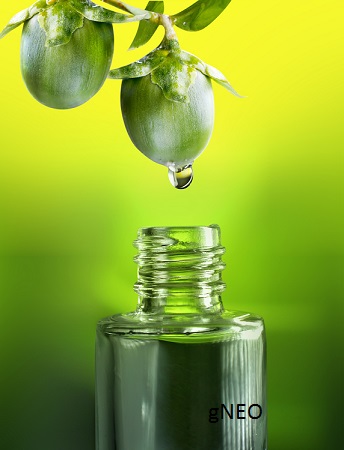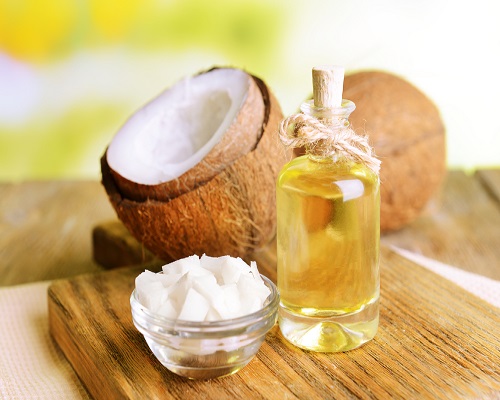Candelilla wax is a natural wax derived from the leaves of the Candelilla shrub (Euphorbia cerifera), which is native to the southwestern United States and northern Mexico. The wax is extracted from the surface of the plant through a process that involves boiling the leaves, skimming the wax off the top, and then refining it. Candelilla Wax N.F. is a pale-yellow vegetable wax extracted from the leaves of the candelilla shrub, grown in semi-arid climates. Despite being a hard brittle wax (comparatively speaking, harder than beeswax), candelilla is a softer alternative to carnauba wax. The N.F. notation refers to National Formulary, meaning the material meets the specifications in the NF monograph. This vegan wax option is procured for a wide variety of formulations in personal-care, cosmetic, food manufacturing, and industrial applications.
It is known for its glossy finish on goods, ability to thicken and harden formulations, improve the end consistency of a product, and act as a binding agent. Vegan alternatives are preferred by many as brands take advantage of the growing trend among consumers to choose plant-based products over animal derived. Bulk candelilla wax has a melting point of 68-73°C.
Botanical Name: Euphorbia cerifera
Plant Part: Leaves of the candelilla shrub
Odor and Appearance: It is a pale-yellow vegetable wax
County of Origin: USA
Main Constituents: Esters, Alcohols, Hydrocarbons, Acids, Resins and Pigments
Melting Point: 68-70°C
Common Uses: Here are some key characteristics and uses of candelilla wax:
- Cosmetics and Personal Care: Candelilla wax is commonly used in the cosmetic and personal care industry as a natural alternative to beeswax and other synthetic waxes. It can be found in various products such as lip balms, lipsticks, lotions, creams, mascara, and hair care products. It helps provide texture, emollient properties, and acts as a natural thickener and stabilizer.
- Food Industry: Candelilla wax is used in the food industry to coat certain candies and confections, providing a glossy finish and preventing them from sticking together.
- Pharmaceuticals: The wax is also utilized in the pharmaceutical industry to coat pills and tablets, making them easier to swallow and preventing them from breaking down too quickly.
- Industrial Uses: Candelilla wax has some industrial applications, including its use in the production of polishes, coatings, and as a binder in the manufacture of crayons.
Contraindications: Candelilla wax is considered safe to use. Allergic reactions to candelilla wax are possible, though they are rare. If you experience any signs of an allergic reaction, such as itching, redness, swelling, or rash after using products containing candelilla wax, discontinue use and seek medical attention if necessary. As with any substance, it’s always a good idea to perform a patch test before using a product containing candelilla wax on a larger area of your skin, especially if you have sensitive skin or a history of allergies.
If you have specific concerns or medical conditions, it’s best to consult with a healthcare professional to determine if candelilla wax is safe for you to use in your particular situation.
For large quantities please contact us via our phone number or through the Contact Us page.
Like us on Facebook









Elizabeth H. (verified owner) –
I use this for handmade cosmetics and it is good quality.